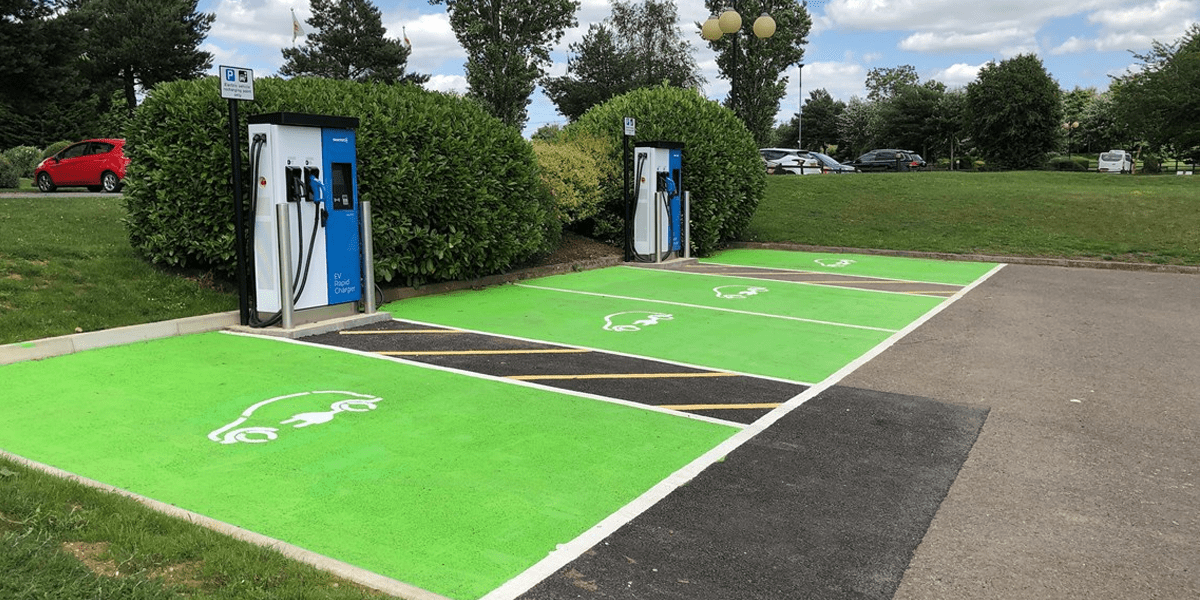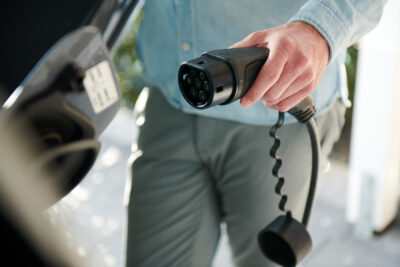Wales increases funding for EV charging stations
The Welsh Government will invest £15m to increase the number of EV charging points across Wales ahead of fossil fuel vehicles being phased out in 2030. The funding, confirmed today by Deputy Climate Change Minister Lee Waters, builds on earlier advances of the UK country.
The new funding corresponds to about €17.5 mn and follows the £26m already invested in charging infrastructure across Wales since 2021. The UK constituent country at the time launched the ‘EV Charging Action Plan’ and corresponding Ultra Low Emissions Vehicle (ULEV) fund, envisioning charging facilities every 20 miles at trunk roads crisscrossing Wales by 2025.
In today’s news, the government said it created more than 1,600 charging points, enough for one in six battery-electric vehicles currently on the roads in Wales. Examples include Wrexham Council receiving £1 million to roll out EV charging facilities at a charging hub in the city centre and sites in more rural locations across the county. Cardiff Council has received £900,000 for the next two years to roll out EV charging in the region and provide rapid charging infrastructure or twelve electric Refuse Collection Vehicles in the Council’s fleet of 78 Refuse Collection Vehicles.
As for the new funding, while local authorities can access the funding pot, Wales once more counts on the private sector.
Deputy Minister for Climate Change, including transport Lee Waters said the private sector would deliver most of this work, “but our role is to facilitate private sector investments across Wales and ensure equality of access”.
Therefore, The government has set up a private sector “taskforce” to engage with the market, break down any barriers to investment and accelerate the rollout of charging infrastructure, so the minister.
As with previous communications, the government did not state how many charging points it will require nor which private partners it may work with. However, in earlier communications, Wales had identified the need for between 30,000 and 50,000 fast chargers and 2,000 to 3,500 rapid/ultra-rapid chargers to be installed over the next decade.
Lee Waters said then, “We need to do more in the next ten years than we’ve done in the last thirty if we’re to reach our NetZero target by 2050. Changing the car dependency culture and encouraging more people to use public transport will be key, but for those essential car journeys, making the switch to an electric vehicle is another way we can make a difference.”
Great Britain will reportedly ban the sales of internal combustion engine vehicles by 2030, five years earlier than initial proposals suggested.





0 Comments